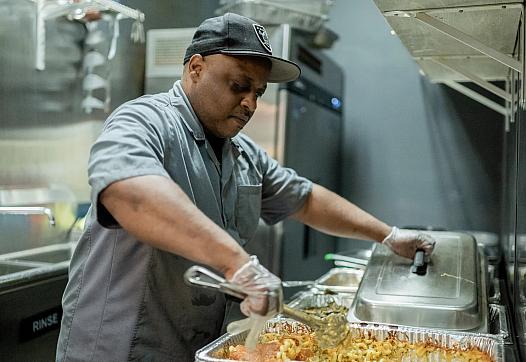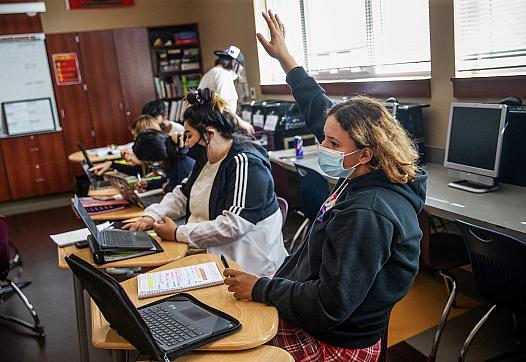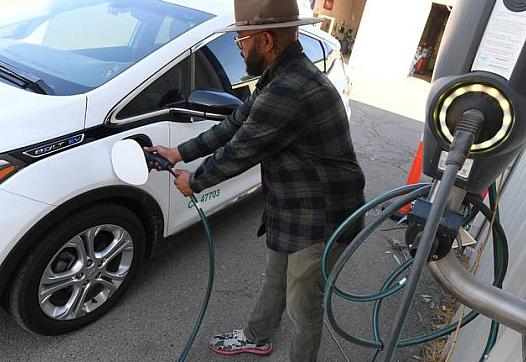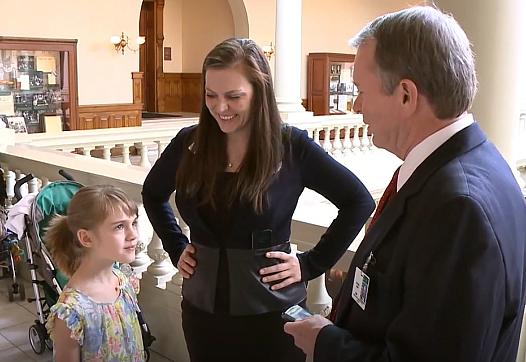
The Cook County state’s attorney recently learned her former physical trainer is addicted to heroin and has been in and out of jail for it.

The Cook County state’s attorney recently learned her former physical trainer is addicted to heroin and has been in and out of jail for it.

The #Keeping series shows how the challenges of raising children with severe emotional and developmental disabilities can lead to abandonment.

In Chicago, thousands of drug possession arrests are routinely tossed out every year. The cost to taxpayers? Millions. To those arrested? The loss of jobs, housing, freedom.

Many residents of rural Alaska suffer higher rates of illnesses because they lack basic infrastructure.

Colville tribal leaders aren't waiting on corporate America. When it comes to providing broadband, "nobody else is going to do it," said Damon Day, the Colville Reservation’s chief information officer.

A newly released state-ordered audit found Virginia agencies have failed to competently provide information to the almost half a million residents who speak little to no English.

For 35 years, Fresno County’s Measure C — a half-cent sales tax dedicated to transportation — has dramatically shaped the landscape of metropolitan Fresno.

It took a seven-year fight to get Ava’s Law, which mandates insurance coverage for children with autism. Now Ava hopes her story can inspire a new battle.

The BGA and Chicago Sun-Times analyzed 280,000 total drug possession arrests made in Cook County over nearly two decades. The data used was provided by The Circuit, the collaborative journalistic enterprise led by the BGA and Injustice Watch.

“More workers have died from COVID-19 in the last 18 months in the meat and poultry industry, than died from all work-related causes in the industry in the past 15 years,” as one expert testified.